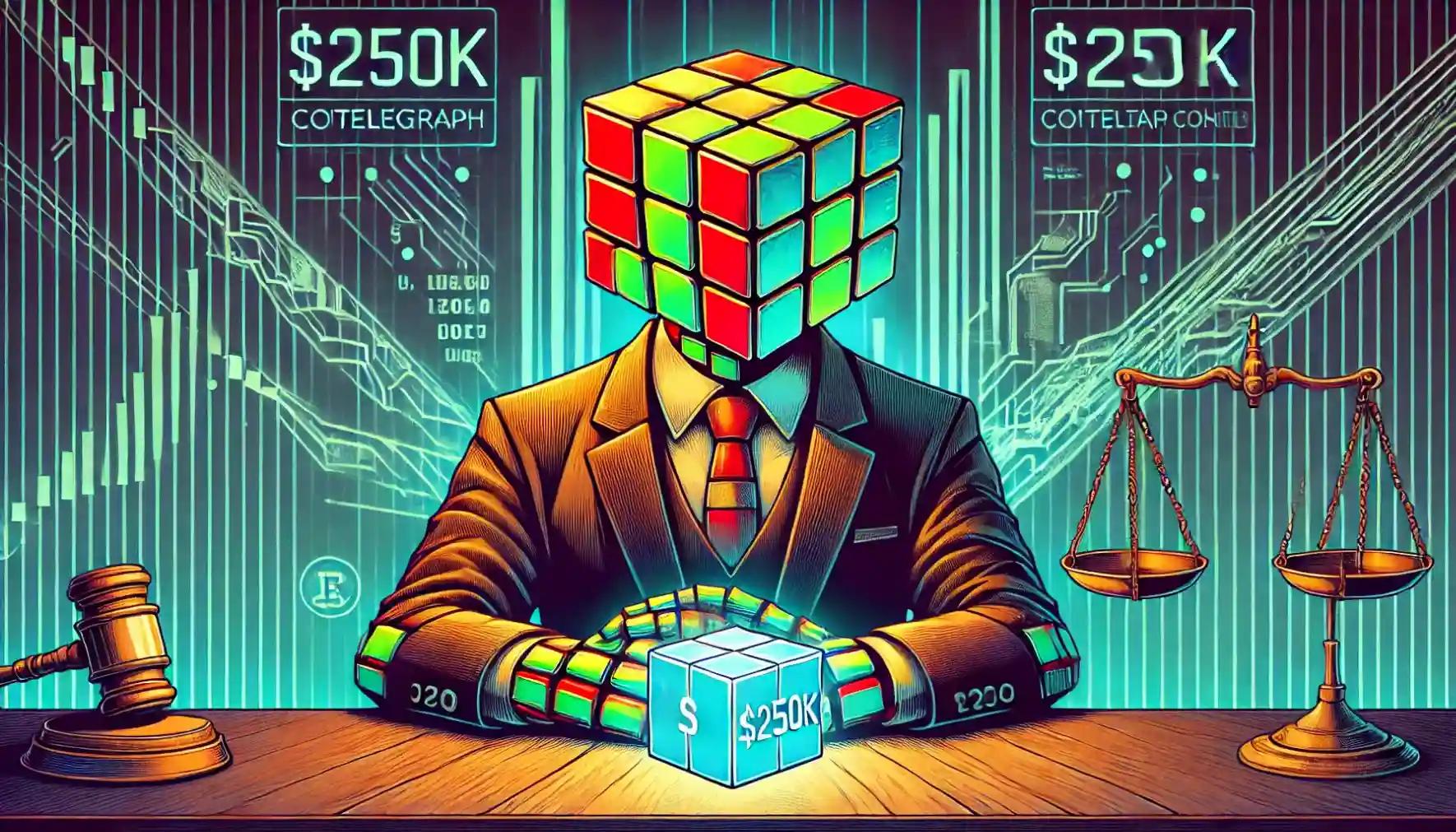Samourai Wallet Co-Founder Gets Maximum 5-Year Sentence and $250,000 Fine in U.S. Crackdown on Crypto Privacy Tools

Court Delivers Full Term for Keonne Rodriguez Over Unlicensed Money Transmission, Setting Precedent for Open-Source Developers
TL;DR
- Keonne Rodriguez, co-founder of Samourai Wallet, sentenced to five years in prison and fined $250,000 for operating an unlicensed money-transmitting business.
- Prosecutors alleged the platform laundered at least $237 million through its mixing tools “Whirlpool” and “Ricochet.”
- The case marks a key test of developer liability ahead of the pending Clarity Act on open-source code protections.
Federal Judge Denise L. Cote of the Southern District of New York sentenced Samourai Wallet co-founder Keonne Rodriguez to five years in prison on November 6, 2025—the statutory maximum for conspiring to operate an unlicensed money-transmitting business. The ruling, delivered in Manhattan federal court, also imposes a $250,000 fine and orders Rodriguez to forfeit tens of millions in proceeds the U.S. government alleges were tied to the platform’s operations. The Department of Justice (DOJ) has additionally sought forfeiture of roughly $237 million believed to have flowed through Samourai Wallet between 2015 and 2024 in connection with darknet marketplaces, drug trafficking, cybercrime, fraud, and other illicit activities.
Rodriguez, 37, pleaded guilty in July 2025 under a deal that dropped the more severe money-laundering charges, which could have carried a sentence of up to twenty years. The maximum penalty for the remaining charge was five years, which Judge Cote imposed in full. Court filings show the federal sentencing guidelines calculated his offense level at 35—typically suggesting a range of 168 to 210 months—but the statutory cap limited the term to 60 months. Prosecutors argued that the length reflected not only the scale of the transactions but also the founders’ intent, citing messages where Rodriguez described the wallet’s mixing process as “money laundering for bitcoin” and co-founder William Lonergan Hill, its CTO, promoted it as a way to “clean dirty BTC.” Hill is scheduled to be sentenced on November 19, 2025. Both men were arrested in April 2024 and placed on house arrest following their guilty pleas.
During the hearing, the court directed that Rodriguez’s earnings in federal prison—half of any wages earned through UNICOR work programs—be applied toward the fine, while 25 percent of his income after release must continue going to repayment until the balance is cleared. The judgment comes amid intensifying U.S. enforcement against privacy-focused cryptocurrency infrastructure. Prosecutors detailed that Samourai’s coin-mixing tools, including Whirlpool (launched 2019) and Ricochet (launched 2017), processed more than 80,000 Bitcoin valued at over $2 billion. The DOJ estimated the service generated over $6 million in fees during its lifespan. Officials described Samourai as deliberately facilitating criminal obfuscation of funds and marketing its tools to darknet users. “The defendants created and operated a cryptocurrency mixing service that they knew enabled criminals to wash millions in dirty money,” the DOJ wrote. “They did not just facilitate this illicit movement of money but also encouraged it.”
Rodriguez’s legal team sought a one-year-and-one-day sentence, arguing that his work was driven by a commitment to financial privacy rather than criminal intent, and referenced the forthcoming Clarity Act—legislation intended to shield open-source developers from criminal liability purely for publishing code. However, the act remains pending in Congress, and prosecutors emphasized that Samourai’s conduct extended back to 2015, long before any legislative protections were contemplated. The conviction follows a broader pattern of enforcement, paralleling the DOJ’s actions against Tornado Cash developer Roman Storm and other privacy tool creators facing similar charges under U.S. financial-crime statutes.
The Samourai case underscores a pivotal moment for crypto privacy advocates and regulators alike. By applying the harshest allowable sentence for an unlicensed money-transmission offense, the SDNY court signaled that anonymity-enhancing software developers could face full criminal exposure if their products are shown to facilitate illicit finance, regardless of their open-source status.
This article has been refined and enhanced by ChatGPT.